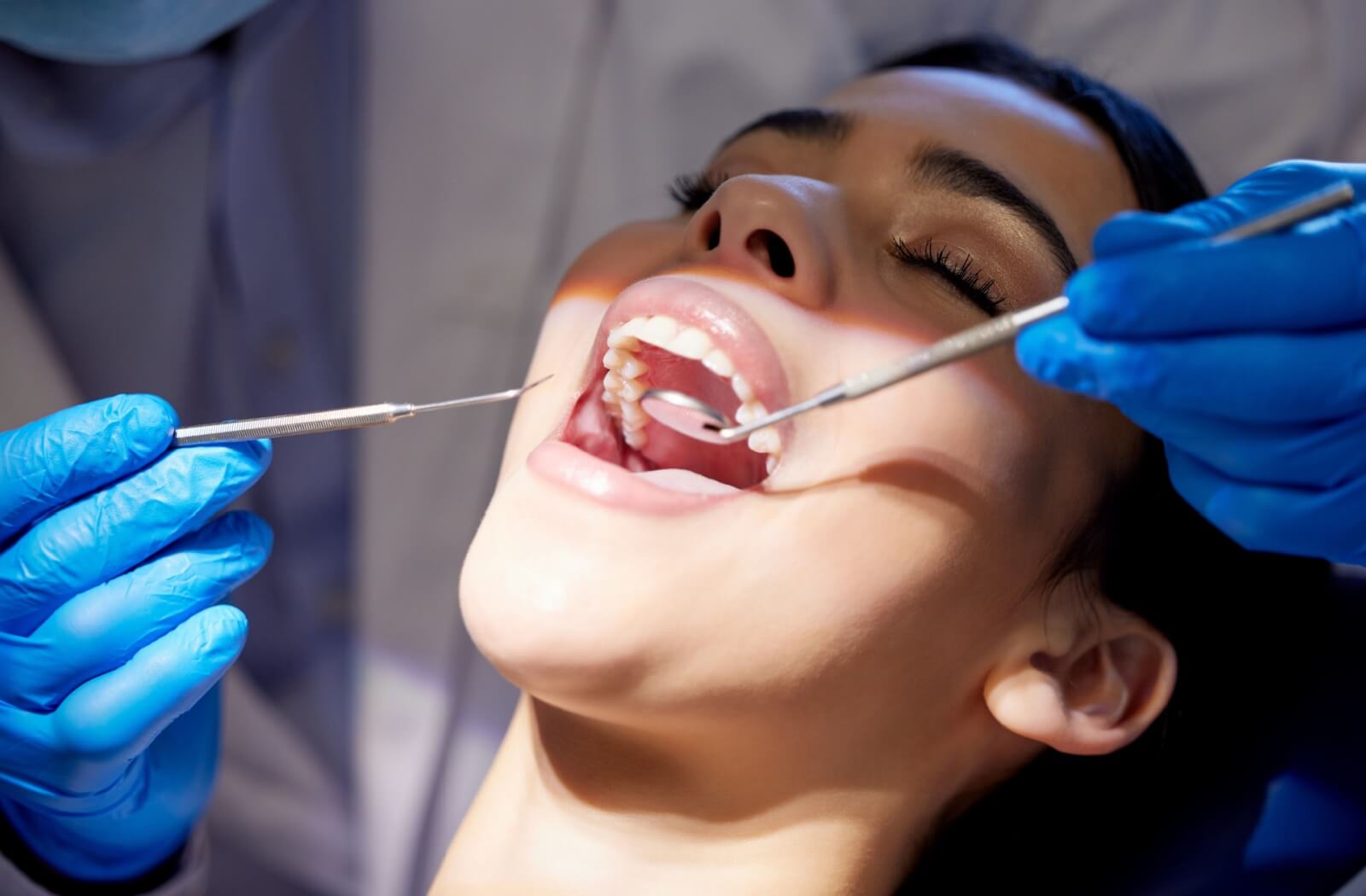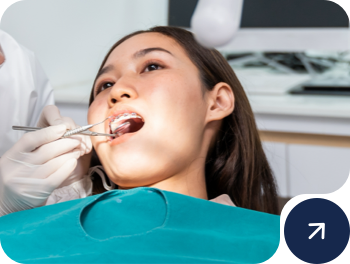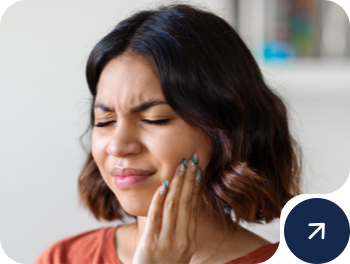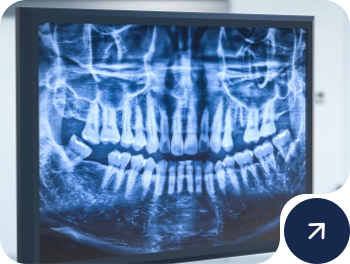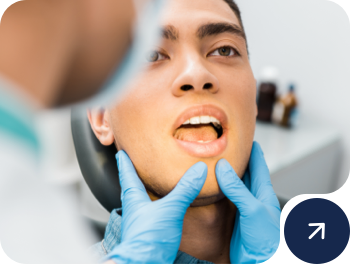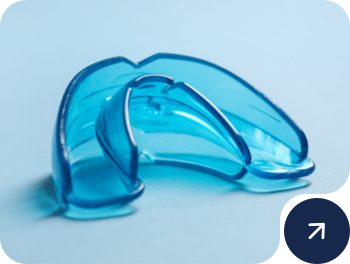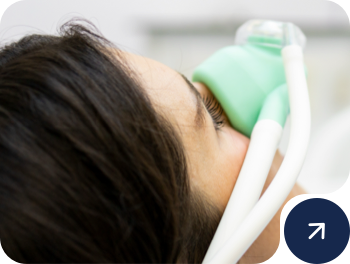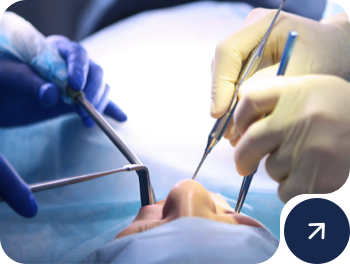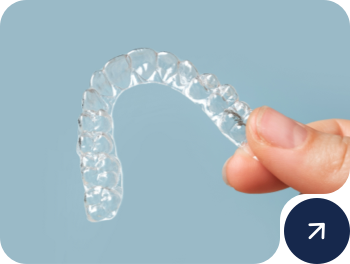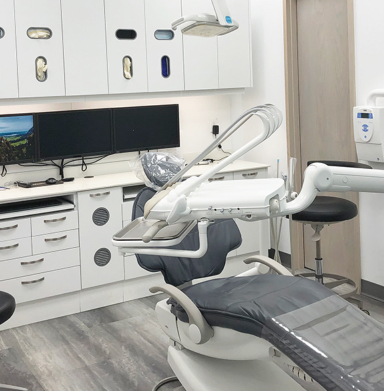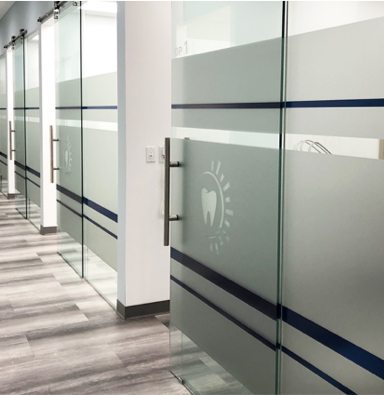Managing tartar buildup is essential to maintaining your oral health and smile. But what exactly is tartar, why does it form, and can you safely remove it without visiting a dentist?
While plaque can be removed with consistent at-home care, tartar is harder to remove without the right tools.
What Is Tartar?
Tartar, or dental calculus, is a hardened deposit that forms on the teeth. It starts as plaque, a sticky, colourless biofilm of bacteria, food particles, and saliva that adheres to the surface of your teeth.
Plaque can often be removed with regular brushing and flossing. However, if it’s not thoroughly cleaned, it calcifies (hardens) over time and becomes tartar.
Unlike plaque, which is soft and invisible, tartar has a rough texture and typically appears yellow or brown.
While you may notice tartar deposits above the gumline (making it a visible concern), it can also develop below the gumline, where it’s harder to see and more difficult to manage.
Why Should You Take Tartar Seriously?
Tartar is more than a cosmetic concern, as it can significantly impact your oral health. Tartar provides a conducive surface for more bacteria to adhere to, increasing your risk of complications such as:
- Cavities, as the bacteria release harmful acids that can erode tooth enamel
- Gum disease, causing inflammation or redness as bacteria builds below the gumline
- Persistent bad breath because of the bacteria in tartar
Maintaining a tartar-free smile can improve the way your teeth look and lower your risk of developing oral health issues.
Can You Remove Tartar at Home?
While several at-home tools and remedies are marketed to help remove tartar, it’s important to exercise caution.
Unlike plaque, which you can safely and effectively tackle with daily hygiene practices, tartar bonds strongly to the surface of your teeth, making it exceptionally challenging (and potentially unsafe) to remove without professional tools.
DIY tartar removal often involves sharp, specialized instruments, which carry risks such as injuring your gums or damaging your tooth enamel. However, even over-the-counter tartar removal kits or natural remedies are unlikely to remove tartar entirely.
The Role of Regular Dental Cleanings
Professional cleanings offer an effective and safe option for removing tartar.
At Sunshine Dental, our team uses specialized instruments and techniques to remove tartar while promoting comfort and safety. These professional cleanings reach areas that standard brushing tools often miss, offering a deep clean that helps promote long-term oral health.
A general guideline we follow is to see patients for an exam and cleaning every 6 months. However, your hygienist or dentist will recommend a cleaning schedule tailored to your specific needs.
The Importance of Professional Guidance
Regular dental visits allow professionals to assess your oral health and identify potential issues early. Professional cleanings can remove tartar while allowing your dentist to check for early signs of cavities, gum disease, and other conditions.
Identifying and addressing issues early can help prevent minor problems from becoming bigger, potentially preserving your comfort and promoting more affordable care in the future.
Personalized recommendations from your dentist can help you improve your home care routine to protect a long-lasting smile.
How to Prevent Tartar Build-Up
Preventive care can help keep your teeth healthy and reduce the need for tartar removal in future cleanings.
Commit to a Consistent Brushing Routine
Brush your teeth at least twice a day, ideally with a soft-bristled toothbrush and fluoride toothpaste. Spend at least 2 minutes brushing. Be mindful of cleaning all tooth surfaces, including hard-to-reach areas.
An electric toothbrush can provide additional support in removing plaque.
Floss Daily
Flossing is crucial for cleaning areas between teeth where your toothbrush can’t reach. Removing plaque from these tight spaces helps prevent it from hardening into tartar over time. Generally, dentists recommend flossing before you brush.
Rinse With Mouthwash
Antibacterial mouthwash can help keep plaque-forming bacteria at bay, especially in areas that brushing and flossing might miss. Look for a product specifically designed to reduce tartar buildup.
Limit Sugary & Starchy Foods
By making mindful choices to reduce sugary and carbohydrate-heavy foods, you can limit the food source for bacteria in your mouth. Embracing a nutrient-rich diet can actively support your oral health.
Stay Hydrated
Drinking plenty of water helps wash away food particles and bacteria, particularly after meals. Staying hydrated also promotes saliva production, which helps neutralize acids in your mouth.
Don’t Skip Appointments
Even if you’re diligent with your oral hygiene, completely preventing tartar buildup on your own can be challenging. Regular dental visits are an essential part of your oral health routine, enabling your dentist to remove tartar and support you in proactively caring for your smile.


